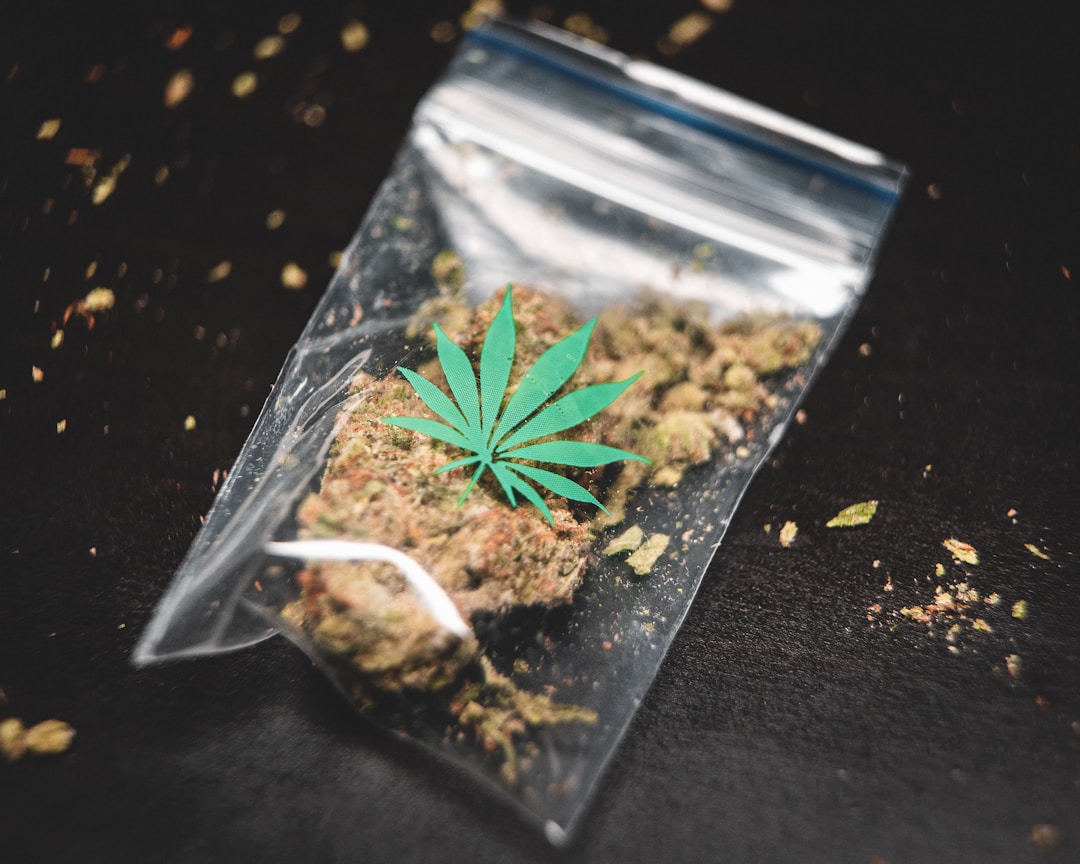Raising an adolescent in this day and age can be extremely exhausting. Without mentioning the added social pressure and fears of peer pressure, having an adolescent to care for is enough to keep you up worrying all night. Most parents would say they want to see their children stay safe, which is why it’s important to talk openly with your child about everything‚Äîfrom sexual health to the risks of being a smoker. The risk runs high that an adolescent will be offered drugs, and they may not understand that just trying a drug can alter their developing brain. Keeping an open line of communication is very important, but the reality is that no one-size approach will work for every child.
Making Rules Clear

In the United States, the abuse of drugs by teens has become a major mental health and health problem. In the U.S., young people have become addicted to a bunch of different substances, from cigarettes to heroin. There are even young adults that have become addicted before even hitting puberty. Your family values are important to giving your child a good foundation when it comes to talking about drugs and sex. The normal go-to phrases like “make good decisions” just aren’t cutting it anymore. The confusion with the opened statement can leave your adolescent thinking one thing while you feel you discussed a totally different topic. As a parent, you need to make sure you a direct and specific in what you are telling your child.
Parents also need to talk to their adolescent children and not lecture them since, as we can all remember, kids will tune us out. Naturally, you will want to force all the knowledge you have learned throughout your ears on the earth, but kids have to make their own mistakes within reason. It is also a good idea to have them ask you questions. If you feel like your child has partaken in less than positive activities, it can be a good idea to take them to essential health checks for teens where your doctor can do a full check-up and be back up in the conversation on saying no to drugs. For example, if you detect the smell of smoke on the fabric of your adolescent’s clothes and the drapery in their room, or sense the odor of smoke on their book bag, sit your adolescent down for a compassionate chat about risky behavior. You might have a smoker on your hands, and the only way to know is to offer judgment-free counseling.
Why is your adolescent using drugs?

If you have found out that your child is already using drugs in middle school or high school, or has a higher risk factor, it is essential to look into the reasons why. You may have stumbled upon a bag of weed or a product search on your teen’s laptop that reads “helps remove smoke smell from house” or “how vinegar, baking soda, and candles help with smoke odors.” Maybe you found an ashtray under the bed or noticed the odor of smoke when they gave you a hug. Either way, you are now aware that there could be an issue. There is a multitude of reasons an adolescent can choose to turn to illegal and legal substances. These can often have to do with anxiety, stress, or a distraction from their everyday life. Try to start by diving into the reasons why they are using since it may help them feel less judged and more eager to talk to you. While this sort of conversation can feel daunting, it is okay to ask for professional help.
It is important to intervene at the most opportune time since whenever you decide to talk to your teen, whether they are using a drug or not, it can often be challenging. If your child is using habitually, there may be a major underlying condition that will need to be addressed. Usually, your general practitioner will be able to direct you to the right outlets for adolescent health checks and risk assessment.
Recognize Your Part
It is vital to bring up the subject of substance abuse, especially if you have a family history of drug use or alcoholism. During the hectic years of child-rearing, parents often forget that a vulnerability to acquiring a substance disorder can be passed down genetically and often triggered by puberty. If your adolescent does have an issue, it is important to do all you can for them. There is a light at the end of the tunnel since multiple health care and counseling outlets are there to help your child and your family succeed to reach adulthood safely.

